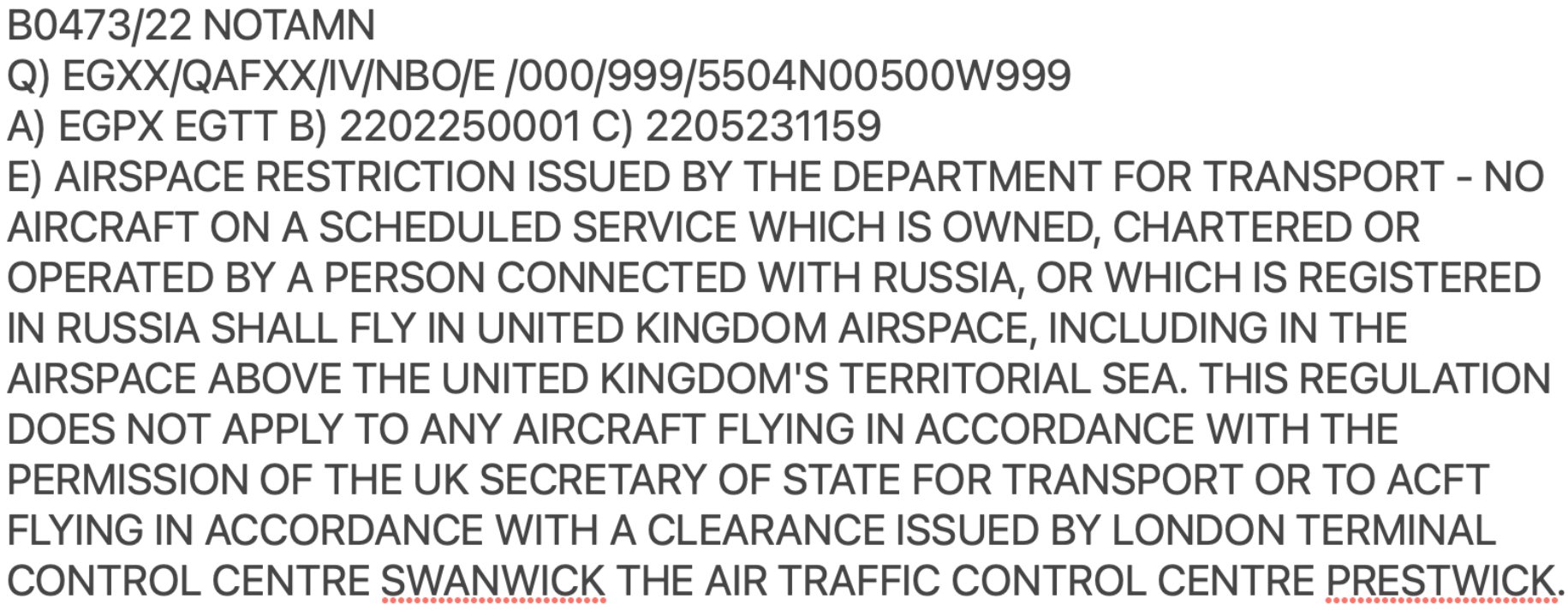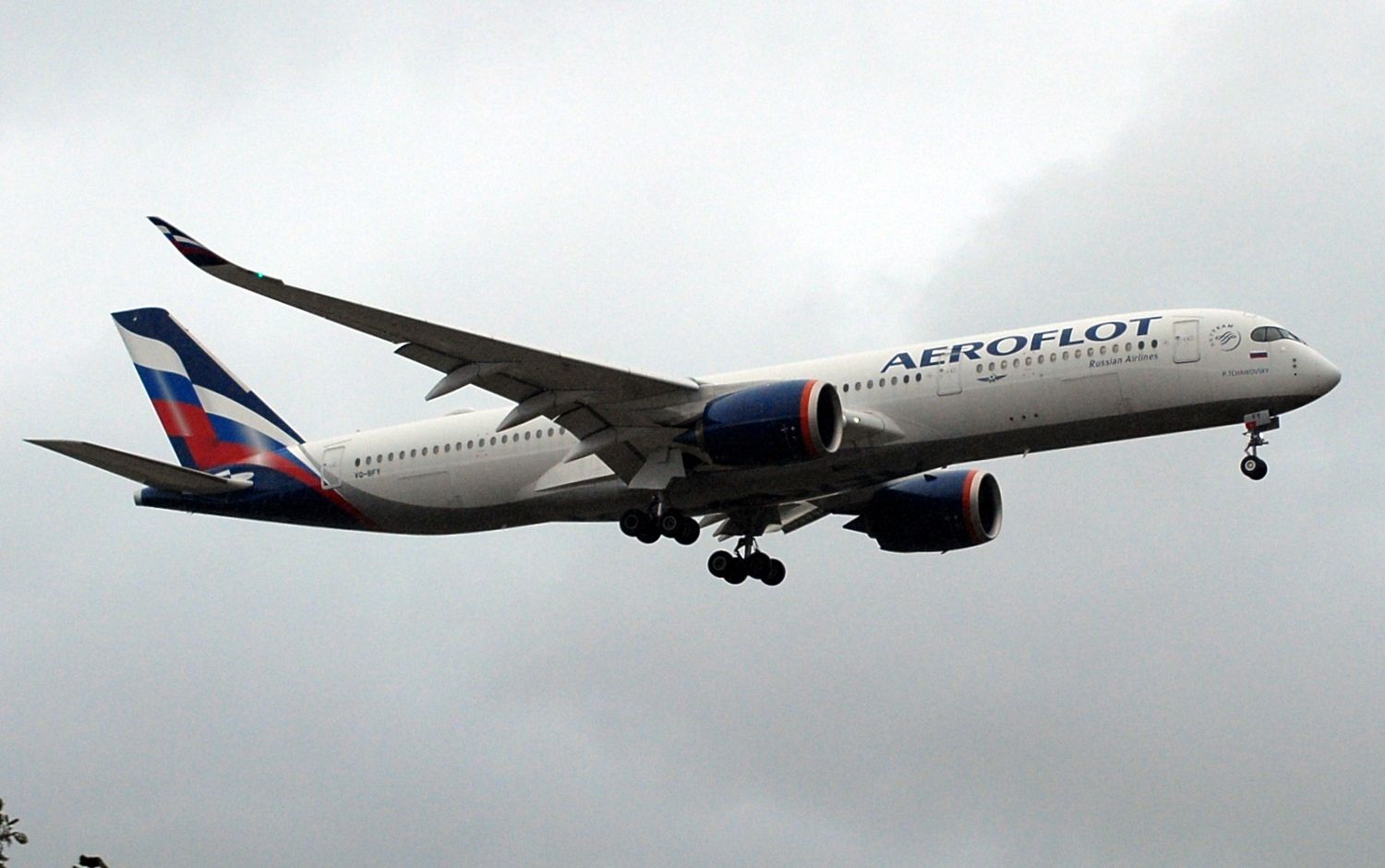Ukraine crisis: UK bans Aeroflot operations, freezes Rostec’s assets and high-tech exports
The United Kingdom Prime Minister Boris Johnson has announced that effective February 25, Russian state-owned airline Aeroflot will be banned to operate in the kingdom airspace, as a part of a strong package of economic sanctions.
Aeroflot received a brand new Airbus A350 this morning, but there are doubts about further deliveries and compliance with existing contracts should the sanctions escalate further.
In response to the offensive actions of the Russian military in Ukrainian territory initiated this morning, the PM indicated that about one hundred individuals, entities and subsidiaries would have their assets frozen. This measure includes and will impact severely on Rostec, a state-owned corporation that comprises 700 defence contractors: Rosoboronexport, Russian Helicopters, United Aircraft Corporation and United Engine Corporation, among others, are part of the conglomerate.
“At the G7 meeting this afternoon, we agreed to work in unity to maximize the economic price that Putin will pay for his aggression. For our part, today the UK is announcing the largest and most severe package of economic sanctions that Russia has ever seen.”
Reciprocally, British firms are now also restricted from sending “high-tech exports” to Russia, which will prevent several UK-made products like semi-conductors and aviation equipment to reach their Russian customers.
Retaliation could severely disrupt aviation
The UK decision to ban Russian operations does not limit to Aeroflot: according to the NOTAM issued, the ban includes scheduled services owned or chartered by a person connected with Russia or with Russian registration.

Should Russia retaliate with a similar measure over its airspace, a major disruption of commercial and cargo routes would be inevitable as the shortest route for UK operators to get to Asia is through Russian airspace.
While long-haul aircraft have the technical capability to operate more extensive routes, the added costs and times would shake their economical feasibility.
On the other hand, VSMPO-AVISMA produces 30 percent of the world’s titanium, heavily used in the aerospace industry. While the global aerospace industry has halted for almost two years as a consequence of both Boeing 737 MAX grounding and the COVID-19 pandemic, allowing manufacturers to maintain a stockpile of materials, if the situation extends for a significant amount of time shortages or price surges will naturally occur.


Para comentar, debés estar registradoPor favor, iniciá sesión